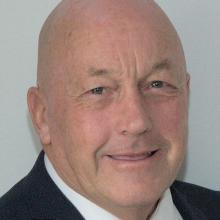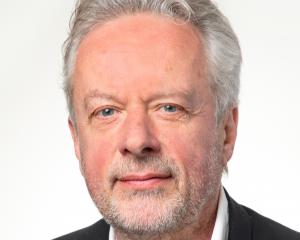
The Clutha District Council has taken its first tentative steps in joining other councils in water operations.
Mr Cadogan said his predicament was living in a district where every sewerage plant was paid for by an average of 287 ratepayers.
He had hoped a total South Island group of councils would come together and form a group which could share costs to oversee water changes over the next few years.
"But when that did not happen, I thought the lower South Island spirit of Otago/Southland would get together," he said.
The eight councils, though, had drifted apart.
"Invercargill has always stated they are going alone and have affirmed they are not interested ... Dunedin are a similar situation and their preference appears to be going it alone.
"It is disappointing, given the support they have called for from us for the hospital."
Mr Cadogan said the Southland District Council was calling for more time, yet it was in the most precarious situation.
The Waitaki District Council was having discussions with some southern Canterbury councils but might join the Otago/Southland group, Mr Cadogan said.
The Queenstown Lakes District Council had come back into the fold and was tentatively talking about joining the group.
Gore and Central Otago had indicated they would be sharing water operations.
Discussions had taken place with the three West Coast councils but they had fractured among themselves, and some Canterbury councils had initially shown some interest but they had drifted away.
Mr Cadogan said with the way the consents fell, the Clutha District Council was first cab off the rank to oversee water operations changes.
All its costs came first, and it was asking other councils should they go into the group with Clutha to "first help us and then we’ll help you".
He said it was all just an "absolute mess".
The council was just trying to do the best for the ratepayer but it was very hard.
Time was of the essence as some work would have to be carried out next year, he said.
The council in the end gave approval to council chief executive Steve Hill to investigate three options around water.
They were: Retaining the status quo; a council-controlled organisation (CCO) or a multi-council-controlled organisation.











